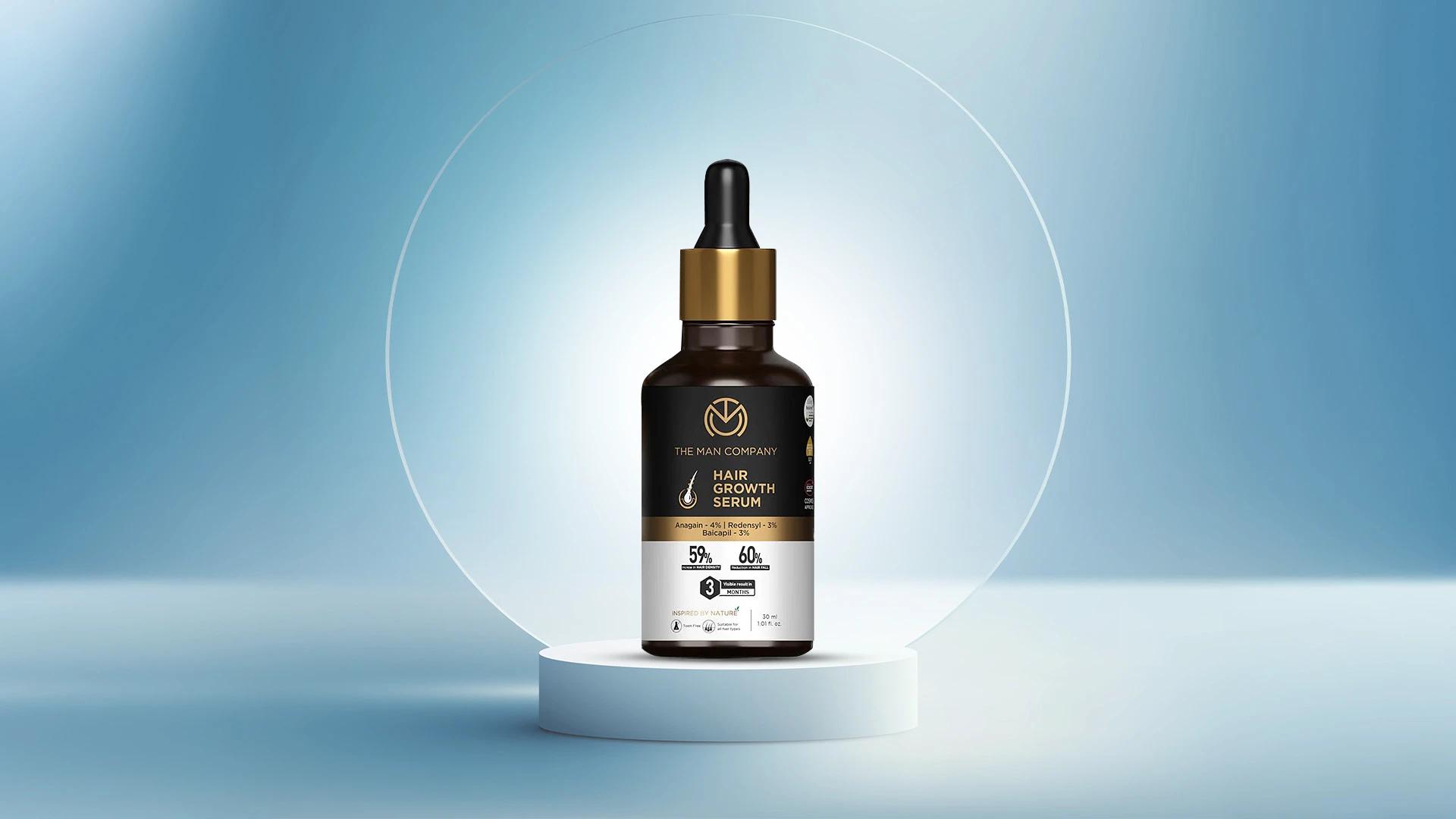Let's be real—watching your hair thin out or barely grow past a certain length is frustrating. You've probably scrolled through endless reels of people flaunting their Rapunzel-worthy locks whilst yours stays stubbornly stuck at shoulder length. The good news? The right hair growth products can genuinely help transform your haircare routine. From follicle stimulation serums to DHT blockers that tackle hair loss prevention, there's a whole world of tried-and-tested solutions waiting to be discovered. Ready to find your next fave hair growth game-changer? Let's dive into what actually works and how to choose products that might just become your new obsession.
Understanding Hair Growth and Loss
Your hair follows a natural cycle that includes growth, rest, and shedding phases. This cycle typically lasts 2-6 years, but various factors can mess with this timeline. When the growth phase shortens or the shedding phase extends, you'll notice thinner hair or slower growth.
Genetics play a huge role here—if your parents dealt with hair thinning, you might face similar challenges. Hormonal changes, stress, poor nutrition, and harsh styling habits can all contribute to hair loss. Understanding these triggers helps you choose the right approach for hair loss prevention. The key is identifying whether you're dealing with temporary shedding or more persistent thinning patterns.
Key Ingredients in Effective Hair Growth Products
Not all hair growth products are created equal. The ones worth trying contain scientifically-backed ingredients that actually stimulate follicles and support healthy growth. Let's break down the star players that consistently deliver results.
Minoxidil: The Gold Standard
Minoxidil remains the most clinically proven ingredient for hair regrowth. It works by increasing blood flow to hair follicles, extending the growth phase of your hair cycle. You'll find it in various concentrations, with 5% being the most common for effective results. The downside? It requires consistent use, and results typically show after 3-6 months of regular application.
Natural Alternatives: Rosemary Oil and Caffeine
If you prefer natural hair remedies, rosemary oil has shown impressive results in studies, sometimes matching minoxidil's effectiveness. It improves circulation and has anti-inflammatory properties that support scalp health. Caffeine-infused products work similarly by stimulating blood flow and potentially blocking DHT at the follicle level. These gentler options are perfect for sensitive scalps.
Biotin and Other Essential Vitamins
Biotin supplements have become incredibly popular, and for good reason. This B-vitamin supports keratin production—the protein that makes up your hair structure. However, biotin works best when combined with other hair vitamins like vitamin D, iron, and zinc. A comprehensive approach to nutrition supports overall hair health from within.


 Combo
Combo 30 ml
30 ml 60 ml
60 ml 100 ml
100 ml